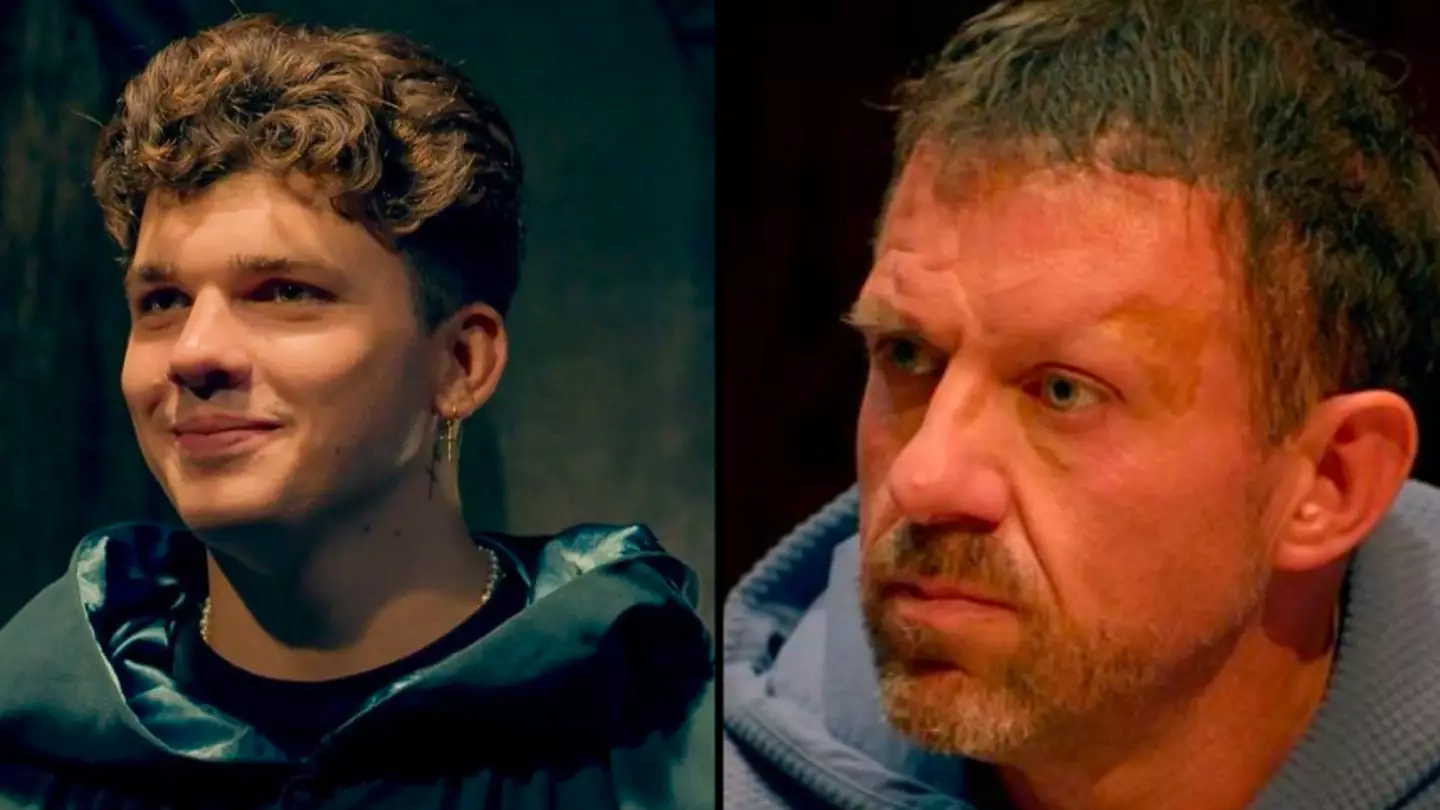
Warning: Contains spoilers for The Traitors
The nation has been fully invested in BBC reality series The Traitors as the show draws to a close this evening (26 January).
Hosted by Claudia Winkleman, the premise for the 'social deception' show sees 22 strangers compete in a series of missions with the hopes of winning up to £120,000.
Advert
Amongst the players are the 'Traitors', who meet in secret and decide to eliminate the other players, known as the 'Faithfuls'.
On Friday’s finale, viewers will find out if the two remaining Traitors - Andrew and Harry - will remain to steal the total prize pot from the Faithfuls.
The final remaining Faithful - which include veterinary nurse from Inverness Evie, Manchester national account manager Jaz and disability model from Bristol Mollie - will be hoping that they can find and banish the Traitors in the last episode from this season.
Advert
With two Traitors remaining in the final five - Harry in particular seemingly having sailed his way below the radar through the entire game - scientists have weighed in and explained why the Faithful find it so difficult to spot who's lying.
When people get together in large groups, trustworthiness is apparently judged by one's 'composite face', according to a study from the School of Psychology at the University of Aberdeen.
"We know that we subconsciously judge whether an individual is trustworthy based on facial characteristics," postgraduate student and researcher Fiammetta Marini explained to the Daily Mail.

"For example, high eyebrows that seem surprised-looking in their shape, along with a U-shaped mouth, are usually perceived as trustworthy.
Advert
"On the other hand, eyes close together or lower eyebrows are often perceived as untrustworthy. It is important to note, however, that these judgments are neither accurate nor reliable.
"The link between facial features and actual trustworthiness is far from perfect, and trustworthiness impressions are insufficiently accurate to serve as reliable foundations for real-world decision-making.
"Regardless, we make these split-second judgments and they have a big impact in our everyday lives, even if these impressions are not always accurate, they invariably shape our social behaviour."
Marini continued: "Traditionally, research has focused on trustworthiness impressions at the individual face level by exploring how we form trust judgments of single individuals.
"Obviously in everyday life, we often encounter groups of people rather than only isolated individuals, so it is essential to understand how we form impressions of groups.
Advert
"Fundamentally what is important is that trustworthiness impressions of a group can potentially influence our behaviour towards that group."

According to the study, the nine signs of lying are:
- Pausing when speaking
- Suddenly looking up or down with your eyes when talking
- Breathing heavily or differently to usual
- Overcompensating and over-performing
- The poker face
- Hiding your face from the audience
- Self-comfort touches or touching yourself more than normal
- Making micro-gestures which are difficult to spot in real time
- Heckling hands or feet can sometimes by a giveaway
The Traitors final will take place this evening at 9pm on BBC One and iPlayer.
Topics: BBC, TV and Film